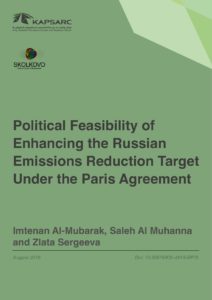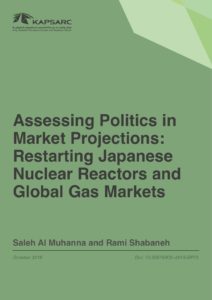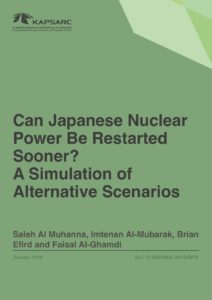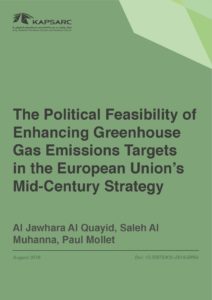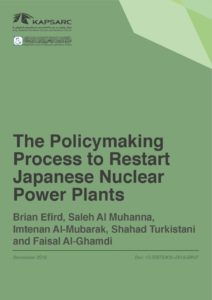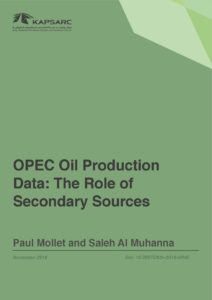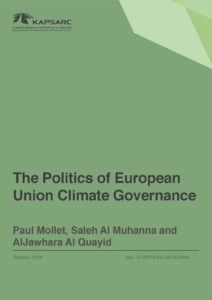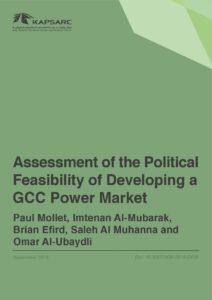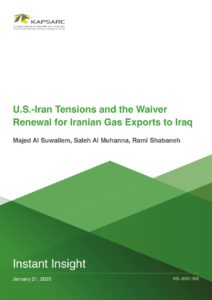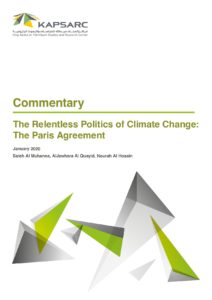Saleh was a Research Associate in the Policy and Decision Science program. His interests lie in geopolitical research, international agreements and international trade. Saleh holds a master’s degree in International Commerce and Policy from George Mason University and a B.S. degree in Economics from Pennsylvania State University.
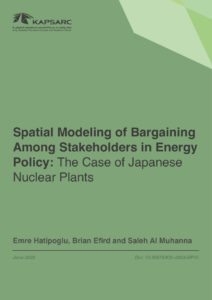
Spatial Modeling of Bargaining Among Stakeholders in Energy Policy: The Case of Japanese Nuclear Plants
This paper evaluates the evolving political will in Japan to restart nuclear power plants to generate electric power, in light of the country’s political and economic developments over the past few years. We apply a model of collective decision-making processes (CDMPs), using the KAPSARC Toolkit for Behavioral Analysis (KTAB), to simulate the interactions among different interest groups including policymakers, national and local political leaders, electricity companies, and the public, given their varying interests, goals and priorities.
15th February 2023
